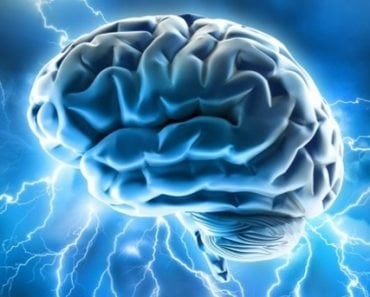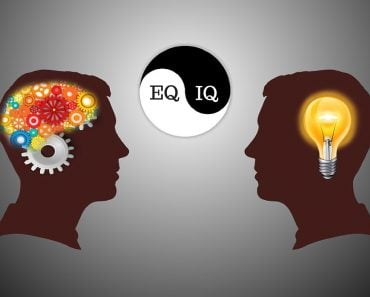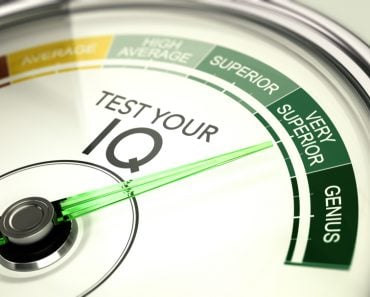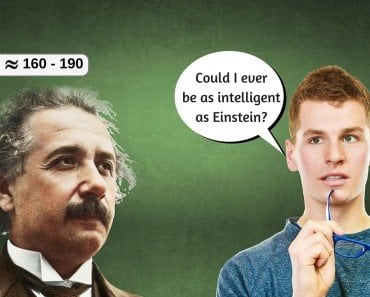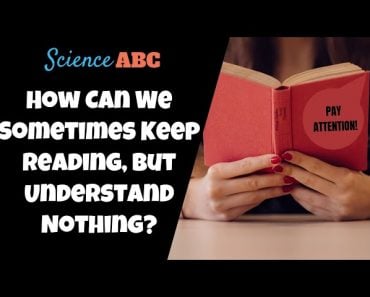Table of Contents (click to expand)
The MBTI tests have limited reliability and validity, and are not sufficiently backed by scientific evidence. They remain popular due to a cognitive bias called the Barnum effect, which makes us gullible to vague descriptions of ourselves.
“Oh, so you’re an ENFP? No wonder we hit it off so well, I’m an ENFP too!”.
This conversation probably doesn’t strike you as surprising. Unless you have been living under a rock, you have certainly heard of the Myers-Briggs Personality test, and chances are, you’ve even taken one on the internet.
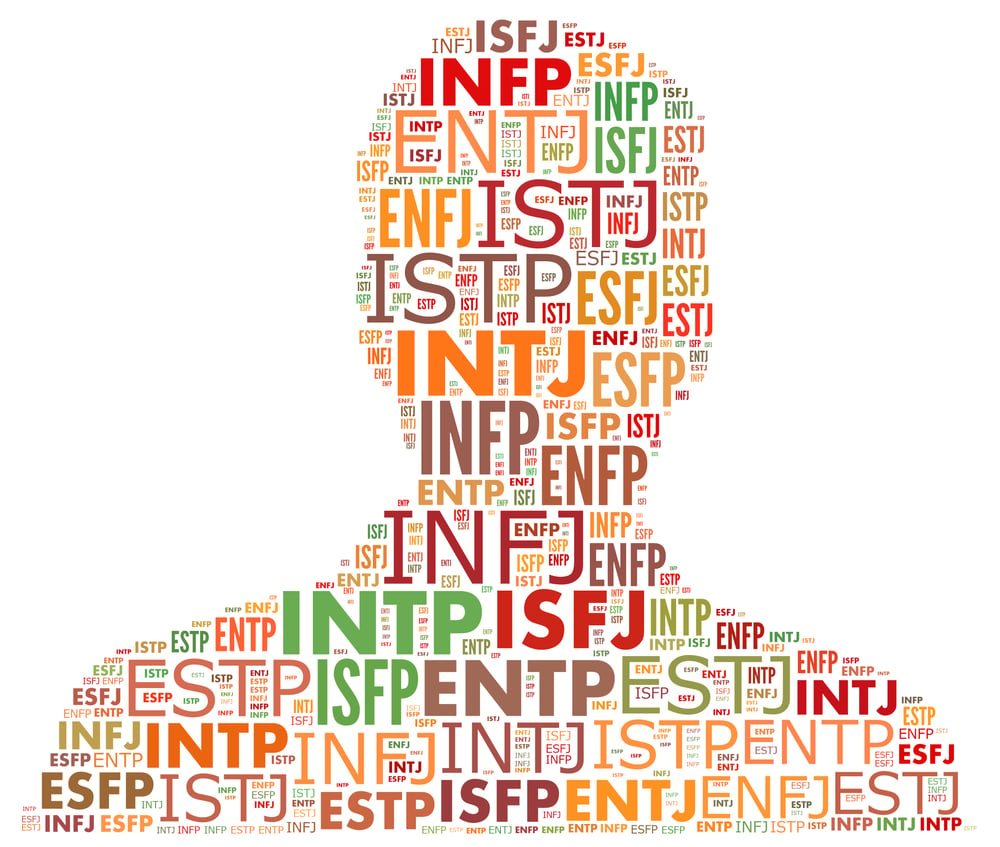
This is one of the most popular psychology ideas floating around on the internet in recent years, with its own micro-culture of jokes, memes, and even videos. Most of this content is produced by the common public who have taken the test. Seldom do we come across professionals in the field talking about these tests, but have you wondered why?
If it is indeed such an eye-opening tool for understanding someone’s personality, why do psychologists and scientists shy away from associating themselves with it?
Recommended Video for you:
What Is MBTI And Where Does It Come From?
When you hear the term “personality test”, you might assume that it was designed by renowned psychologists. While this is true for almost all personality tests, the MBTI is an exception, as the MBTI was designed by two laypersons. One was Katherine Cook Briggs, an American aspiring author with an interest in psychology; and the other was her daughter Isabel Briggs-Myers.
She was inspired by the pathbreaking works of Carl Jung, a Swiss psychiatrist, and his theories on the human psyche. She worked on developing a personality test based on Jung’s ideas on psychological types. This was later continued by her daughter, Isabel Briggs-Myers, who was highly influenced by her mother’s ideas. The MBTI was initially developed by the mother-daughter duo with the goal of assigning wartime jobs to men according to their personalities.
Jungian Psychological Types
The MBTI derives its conceptual ideas from Carl Jung’s extensive work on psychological types.

Carl Jung described two major characteristics of the human psyche – general attitude type and function type. Under the class of general attitude type, he introduced the two subtypes – introverted or extroverted. These two decided an individual’s attitude towards an object in the external world. Furthermore, under the functional type, he described four types – Thinking, Feeling, Sensation and Intuition. According to him, all humans perceived and processed information around them in these four styles.
However, Jung described these types as different states of consciousness in a person, not as different “personality” types that can be used to classify people! This clearly shows the extent to which Jungian concepts were modified for the MBTI tests. Also, Jung’s ideas were completely theoretical, with little scientific evidence to back them up. Therefore, it is dangerous to interpret these theoretical concepts as if they were factual information.
Why Is MBTI Problematic?
A personality test, like any other psychological assessment, must have certain qualities in order to be a meaningful measurement method. Two major qualities that any scientifically established test possesses are reliability and validity. For a test to be called “reliable”, it needs to consistently yield the same result even upon repeated use. Apart from having no scientific basis for its chosen “personality types”, the MBTI also fails in these two metrics.
MBTI is notoriously bad on test-retest reliability. This is clearly no secret, given that there are articles written about the members of the biggest boyband in the world – BTS, “updating” their MBTI types!
It has been shown that even when tested after a short interval of five weeks, about fifty percent of all test takers get assigned a different personality type on MBTI than before. This is obviously due to the test itself, because the personality of a person does not magically change over a period of a few weeks! This also brings into question the different “types” described by the test. If an INTP can easily be mistaken to be an INFP, then are these “different” categories really meaningful?
For any test to be valid, it needs to prove that it indeed measures what it claims. In the case of MBTI, it must be able to segregate a group of people into four clusters according to the four functional types (Thinking, Feeling, Sensation, and Intuition) when statistically tested. This was tested in a study on a large sample of students, and the statistical analysis showed six clusters, not four, further showing the limited validity of MBTI.
Similarly, the test also failed to segregate samples into “bimodal” or twin groups of extroverts and introverts. Individuals seem to score on a spectrum on the extroversion-introversion scale, further leading to questions on the usefulness of this “category” or “type”. This is proof of our common knowledge that even an “introvert” can enjoy a particular social gathering of his/her choice, while on the contrary, even extroverts have bad days where they want to be alone! Therefore, such “categories” do not make sense when it comes to measuring personality.
In addition to the above limitations, the MBTI test is also widely criticized for not being useful in its primary purpose – to sort people into professions that matched them. There is no evidence to back the claim of success in any field and the individuals’ corresponding MBTI type. Furthermore, studies also failed to show any dominant MBTI type in any particular profession.
Then Why Is MBTI Still So Popular?
If all those technical issues and problems with MBTI’s reliability are true, why do a huge number of people still use the MBTI?
The popularity of the test is due to a cognitive bias in humans called the “Barnum effect” or “Forer effect”. In this phenomenon, humans easily believe generic descriptions of their personality, despite the fact that these descriptions are so vague that they might fit anyone! They seem to falsely believe that these descriptions are specific to them. Everything from astrology to palm reading, which claim to give you insights about yourself, makes use of this flaw in our thinking.
If Not MBTI… Then What?
After understanding the flaws of MBTI, you may be wondering… What is the right way to test personality type?
Well, there’s no single answer to this. There are various psychological instruments in use to understand personality types. However, the most widespread and commonly accepted one is the idea of the “Big five” personality traits. This psychological trait theory suggests that individuals differ on five basic traits denoted by the acronym of OCEAN – Openness, Conscientiousness, Extroversion, Agreeableness, and Neuroticism.
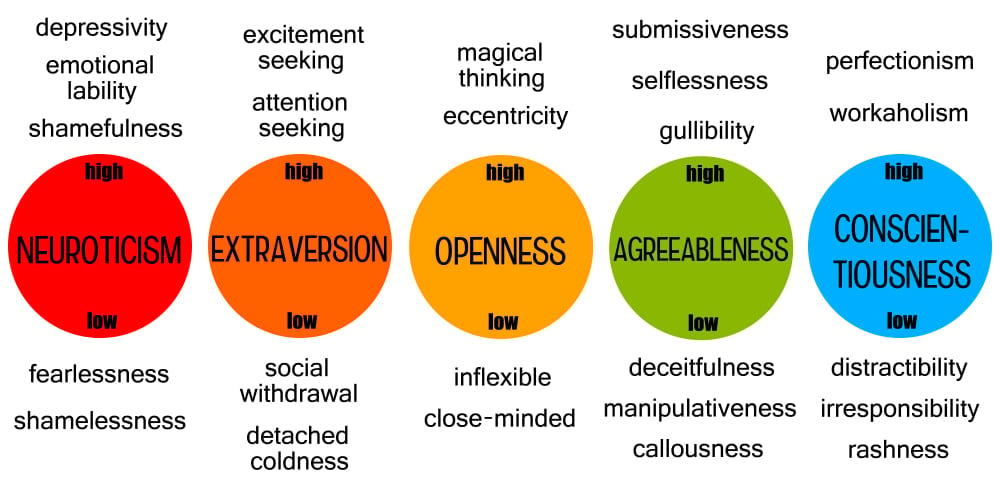
The good news is that in contrast to your MBTI type, your big five profile will not change easily and remains stable even when tested after a period of thirty years!
A Final Word
MBTI has severe limitations when it comes to scientific evidence. Despite this, in many ways, it is astrology for Gen Z in terms of its popularity. Of course, there is no harm in indulging in MBTI memes and jokes with your friends, but it’s a slippery slope when you start claiming your “MBTI type” as scientific!
References (click to expand)
- Psychological Types - CYJACK.COM. cyjack.com
- DJ Pittenger. Measuring the MBTI... And Coming Up Short - Career University. img3.reoveme.com
- Sipps, G. J., Alexander, R. A., & Friedt, L. (1985, December). Item Analysis of the Myers-Briggs Type Indicator. Educational and Psychological Measurement. SAGE Publications.
- Stricker, L. J., & Ross, J. (1964, January). An assessment of some structural properties of the Jungian personality typology. The Journal of Abnormal and Social Psychology. American Psychological Association (APA).
- Leon, G. R., Gillum, B., Gillum, R., & Gouze, M. (1979, June). Personality stability and change over a 30-year period—middle age to old age. Journal of Consulting and Clinical Psychology. American Psychological Association (APA).

